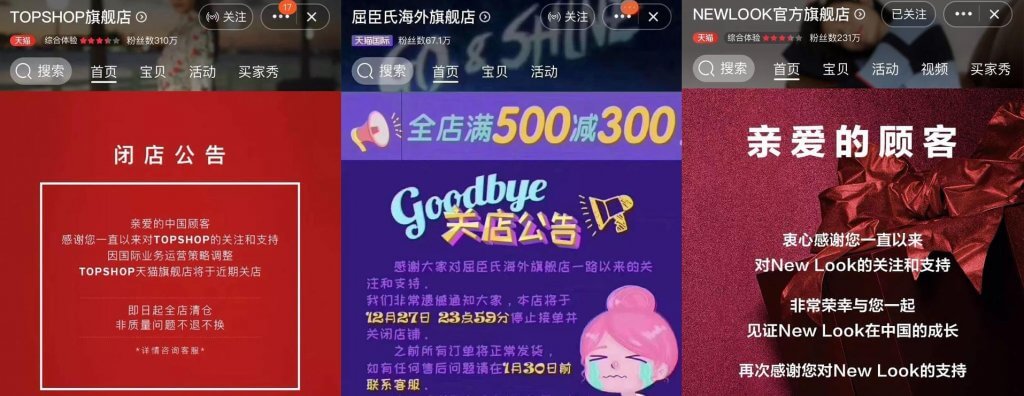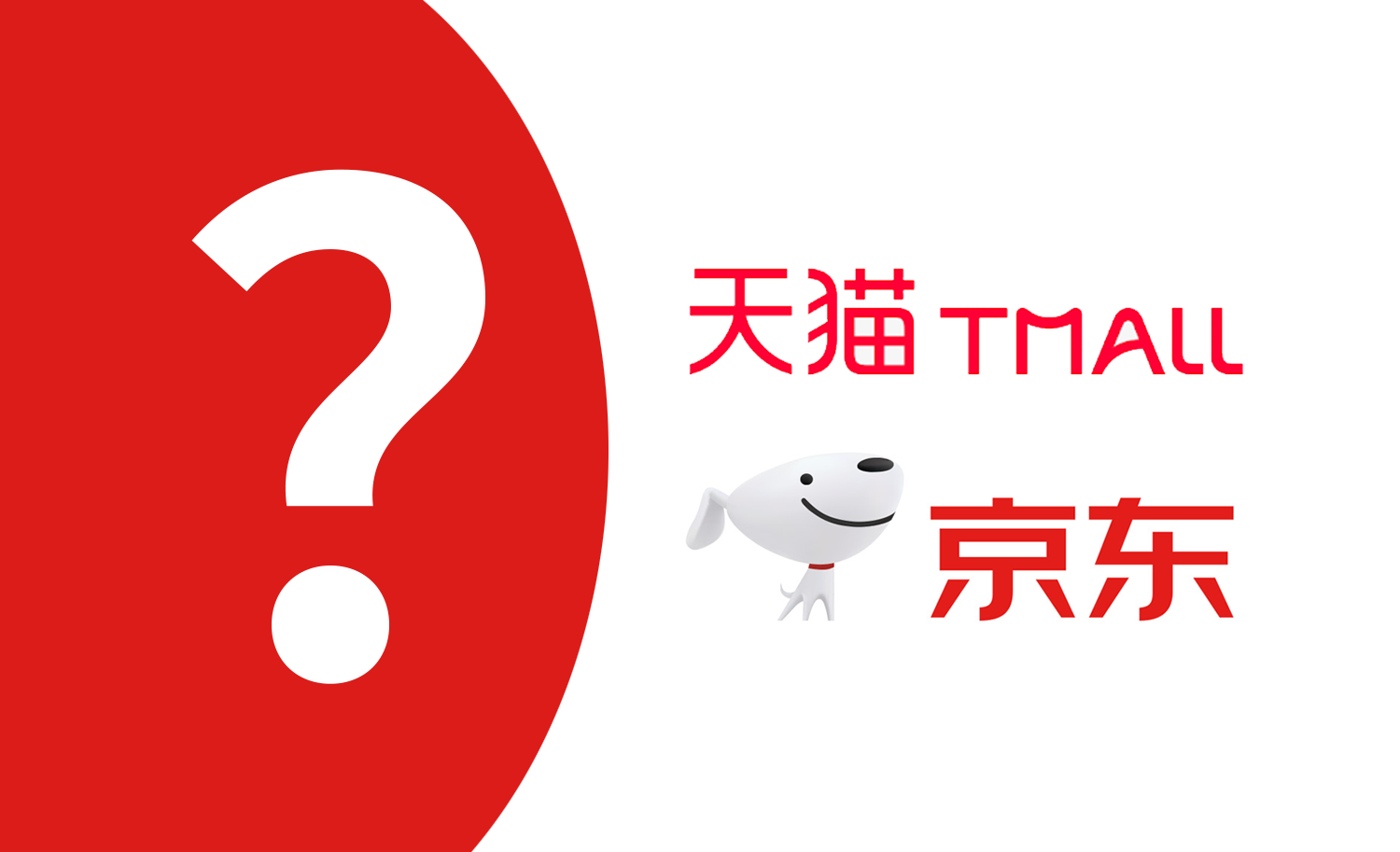New year, new law! On January 1, 2019, the 10 Most Important Takeaways from China’s New eCommerce LawWe provide our analysis of the new China eCommerce law’s key clauses and the influence of its implementation for consumers and companies.new China eCommerce law officially came into effect. Meant to strengthen regulations and increase control of the eCommerce sector, it is no surprise that daigou or cross-border personal shoppers are scrambling to make sure they comply.
The first effects are already visible online and shoppers use different tactics to test the waters. Some even replace their promotional product photos with sketch drawings to avoid getting caught by recognition software. Of course this is not how daigou can long-term the newly regulated Chinese eCommerce landscape. Therefore, we provide 3 solutions that are suitable for cross-border eCommerce on different scales. Read how under the China eCommerce Law daigou can walk a legally sound path!
Increasingly Tight Measures for Cross-border Shoppers
Under the new China eCommerce law the word daigou, literally meaning “to buy on behalf of someone else” gets a new definition: eCommerce operator. Consequently, articles 10 and 11 of the law stipulate that all eCommerce operators are obligated to register a company, obtain licenses and pay taxes.
The daigou industry is highly competitive, with profits being squeezed to the absolute margin. Now that it is necessary to register a company, obtain a business license and pay taxes, this will cause a big shuffle in the industry.
After establishing a company, cross-border transactions involving consumers must be reported to China Customs (customs declaration similar to the process in direct mail and bonded warehouse models, product registration) and other relevant departments. This will cause daigou who have no experience in reporting to each governmental department real headaches.
A Closing Wave of Brand Cross-border eCommerce Channels
Tmall, Jingdong, Koala and other platforms have strict regulations for cross-border eCommerce on their marketplace. International brands face even higher entry barriers and the new eCommerce law will only affect this negatively with its stricter controls and ambiguous policies.
Therefore, it is no wonder that many brands closed their cross-border ecommerce channels before the law came into effect. Tmall cross-border stores of international brands such as Watsons, TopShop, NewLook, etc. shut down right ahead of the new year.

Articles 38 and 83 of the new China eCommerce Law clearly stipulate that eCommerce platform have the obligation to screen businesses before they enter its platform to protect consumer rights and interests. Should anything happen, then the eCommerce platform can be jointly liable for consumer infringement and even cause harm to their lives and health. Under this joint responsibility, an eCommerce platform can be fined up to 2,000,000 RMB.
Therefore, major eCommerce platforms will be more cautious than ever now. The environment will also almost completely bar entry for small merchants or cross-border personal purchasers.
Three Alternative Cross-border eCommerce Business Models
Thus, with the new eCommerce regulations coming into force and having real influence, we have 3 solutions for cross-border purchasers to carry out their business legally under these new circumstances. From large to small businesses, look below for your strategy.
Cross-border eCommerce Model (Company Registration Required)
Set up a local website to enter China through the cross-border direct mail or bonded warehouse model. Because of beneficial tax regulations, this will be a more profitable option than the general trade model.
1. Legal Body
A Chinese company needs to be registered and the website must be hosted in China.
2. Logistics and Taxation
Based on the cross-border direct mail or bonded warehouse model (mostly taxed at 11.9%), products will be delivered to customers by China customs. Then, you will have to transmit the logistics information of the order to customs (we recommend through an API) and also file taxes for all the sold products (we recommend through an API). The API will transmit the info directly to China customs, improving clearance efficiency.
3. Payment Methods
Integrated domestic payment gateways such as WeChat, Alipay, UnionPay, etc., are available and connected to China customs.
4. For Who?
Suitable for larger businesses or companies with higher turnovers to ensure the entire process is according to regulations. This will take time and effort, but could bring success to purchasers or teams looking to further expand their business and scale.
China will also loosen the annual quota of individual consumers on cross-border eCommerce from 20,000 RMB to 26,000 RMB.
Overseas eCommerce Model (No Company Registration Required)
Set up an overseas website and enter China through the overseas direct mail model.
1. Legal Body
Since you are not registering a Chinese company, the website needs to be hosted overseas.
2. Logistics and Taxation
Consumers fill in their shipping address and their orders enter China by direct mail. Personal postal tax has different rates per product (15%, 30%, 60%). China customs will check and review the packages.
3. Payment Methods
Operating overseas requires integrating overseas versions of payment gateways such as WeChat and Alipay. After the consumer pays, prices automatically convert to US dollars and remit to the overseas account. There is a very strict application process for overseas payment versions and rates are slightly higher than the domestic version. Usually, a third-party payment organization will do the application.
4. For Who?
Suitable for medium-sized businesses or companies with intermediate turnovers. Especially suited to purchasers or teams who do not want to register a Chinese company, and quickly want to set up cross-border sales. If it is a large-scale business or your turnover is high, then we recommend to opt for the first model, especially from a long-term point of view.
eCommerce Platform Model (Company Registration Required)
By using a third-party eCommerce platform, there is no need to set up a new website and you can use the platform’s sales features.
Usually, large-scale cross-border eCommerce platforms such as Tmall Global are very strict and costly. Setting up stores and starting sales is easier on smaller cross-border channels. Therefore, in the initial stage a WeChat store or similar channels can serve as a first point-of-sales and for promotion.
These platforms provide daigou with a storefront where they can sell products they upload themselves, manage inventory, shipping and delivery etc. Furthermore, it also handles issues like available payment methods, logistics, customs.
1. Legal Body
You need to register a company but no need to host a website.
2. Logistics and Taxation
Based on the cross-border direct mail or bonded warehouse model (taxed at 11.9%), products will be delivered to customers by China customs. You can use the platform’s terminal to transmit order information to customs and file taxes for all the sold products (which is also necessary in model 1).
3. Payment Methods
The platform will provide payment gateways such as WeChat and Alipay. Consumers will transfer money to their account, and then the platform will settle the amount to the daigou.
4. For Who?
Suitable for businesses with limited budgets. You can quickly set up sales channels while being legally compliant.
Ready to enter the Chinese market through any of the above 3 mentioned models (cross-border eCommerce, overseas eCommerce or eCommerce platform)? Want to be sure that your business model complies to the new China eCommerce law? Then feel free to get in touch with us!
TMO Group can provide you with a complete cross-border eCommerce strategy and a develop a personalized website. Do you only have a limited budget? We also provide quick and ready-to-market solutions like ShopNow Cloud, a cloud-based eCommerce solution.












